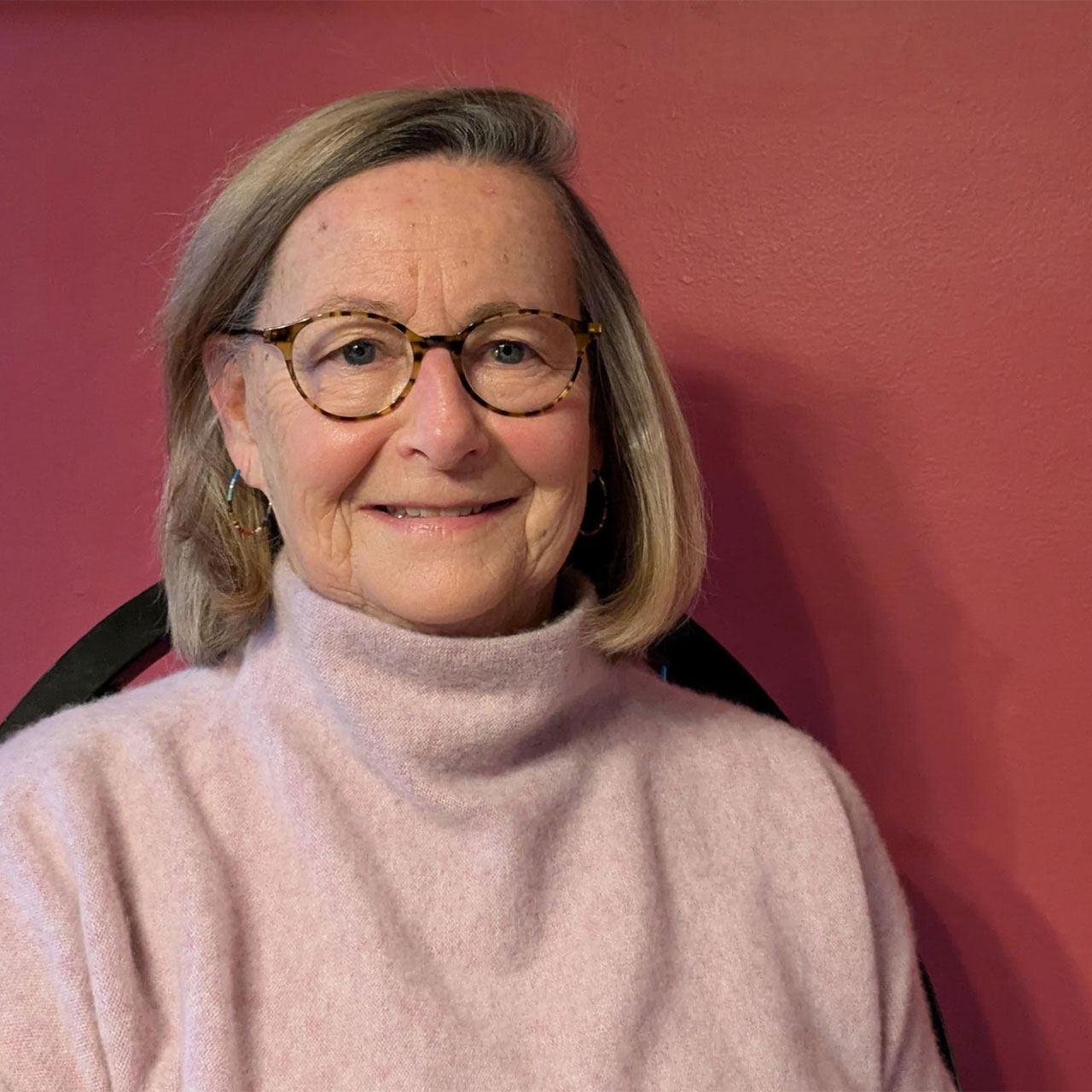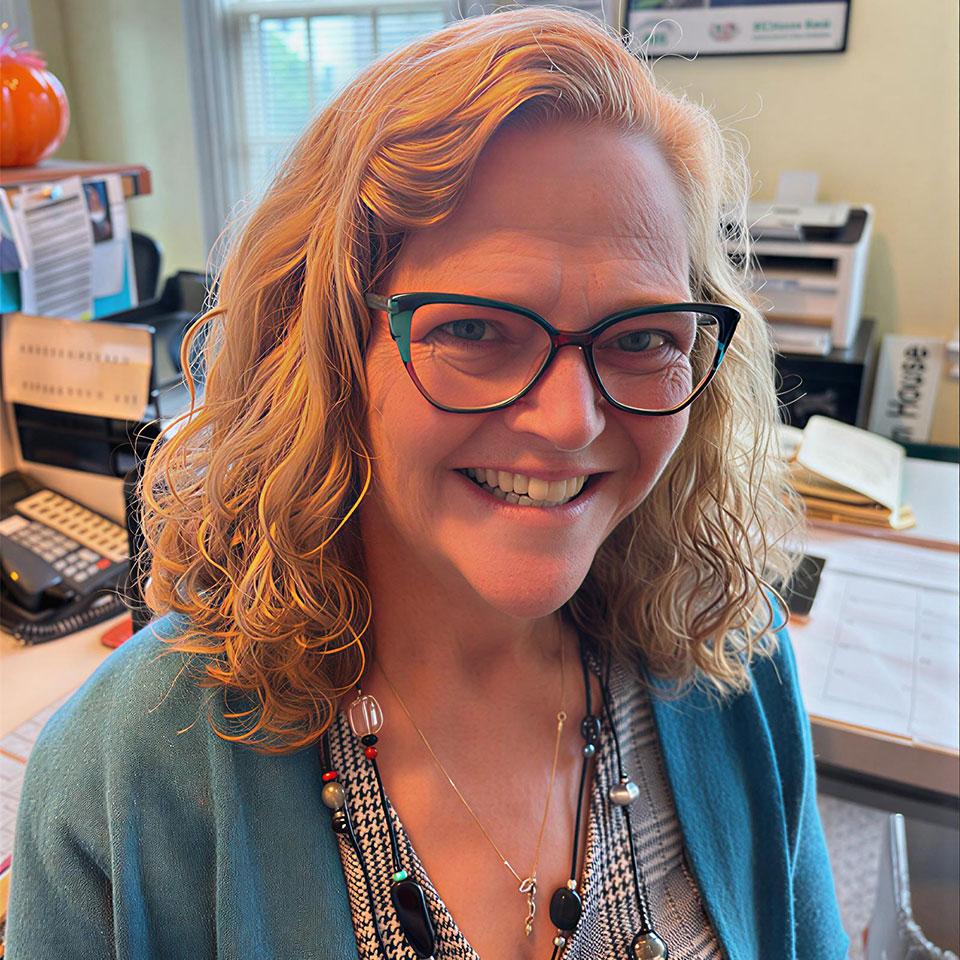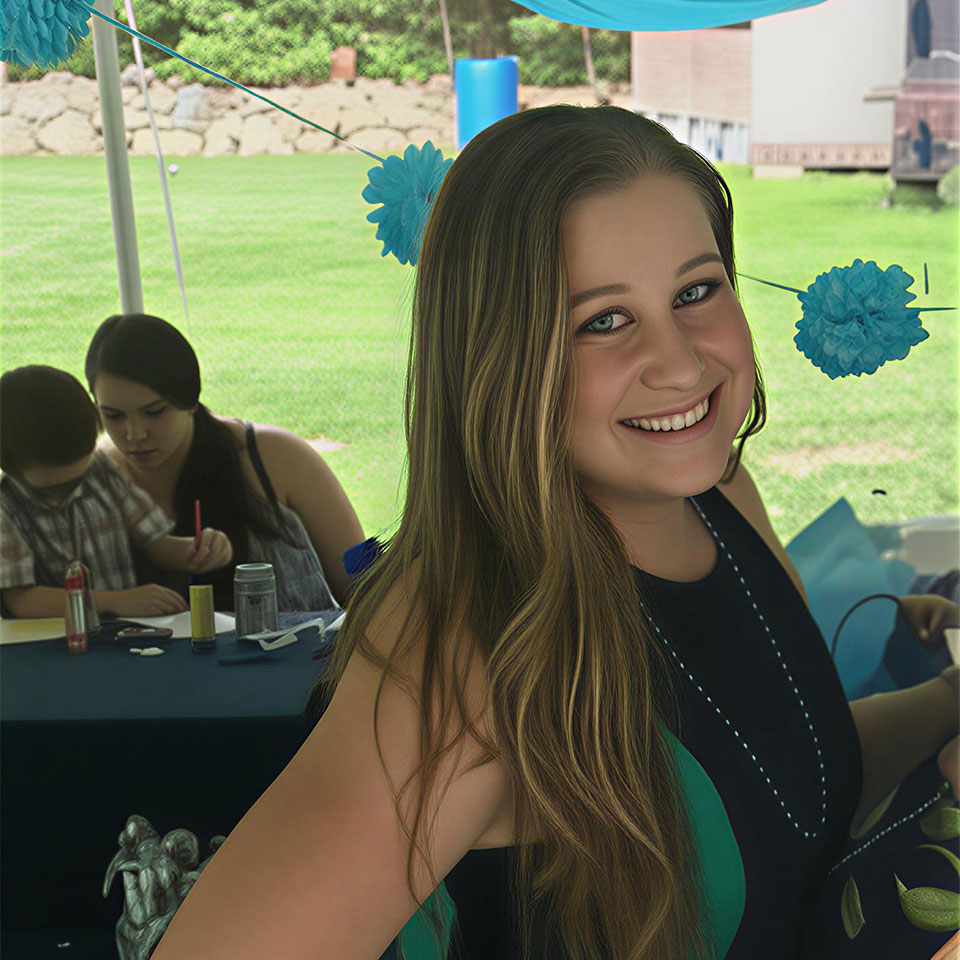SWAP’s Founders
Visionaries Who Pioneered A Homesteading Program to Rescue Their Neighborhood




“Every block had these dangerous eyesores,” said Getz Obstfeld, one of the gathered group. “These were places kids would go to hang out, drug dealers would do their business, and often the buildings would get torched. It felt like our neighborhood was burning. We thought something had to be done.”
“Some of the most thrilling and intense times of our lives.”
The result - SWAP’s original pioneering homesteading program which matched home buyers with houses in need of renovation. A neighborhood resident bought the first triple-decker for $500. “He was a handy guy willing to put in sweat equity to fix it up,” says Obstfeld. “It was an earth-shattering thing for the community when they saw the building restored and saved, like a switch turned on. That became our strategy - we’d find another abandoned property, find somebody to buy it for $250 to $750, and fix it up. It was a sea-change in thinking about the blighted neighborhoods, a metamorphosis in thinking.”
Obstfeld became SWAP’s first executive director. By the time he left in 1981, the organization had saved and restored over 1,000 units, and Providence's neighborhood fabric had been salvaged.
“Those early days were some of the most thrilling and intense times of our lives,” said Obstfeld. “We were in our 20s and we were making change happen not only in our neighborhood but at the city, state, and even federal levels.”
The foundational strategy of working with the community continues in SWAP's work today.
You might also enjoy

Carla DeStefano
Born from the ashes of burning houses, SWAP marks 50 years of tenacity. We're still fighting the fire of housing affordability.

Marilyn Carlson
Since 2001, Senior Deputy Director Marilyn Carlson has dedicated her career to revitalizing neighborhoods and building affordable housing.

Lynn Sexton
Since 2018, Portfolio Director Lynn Sexton has passionately led SWAP's efforts to revitalize neighborhoods and expand affordable housing access.

